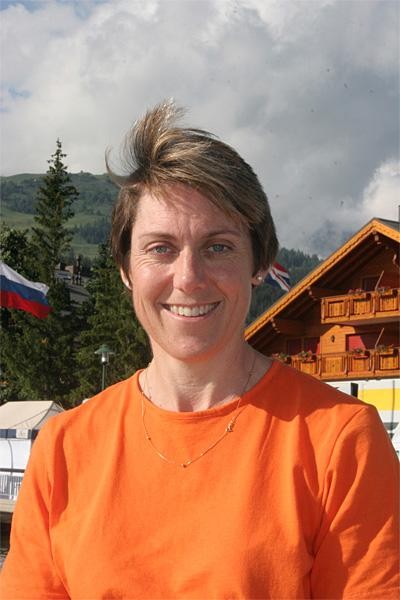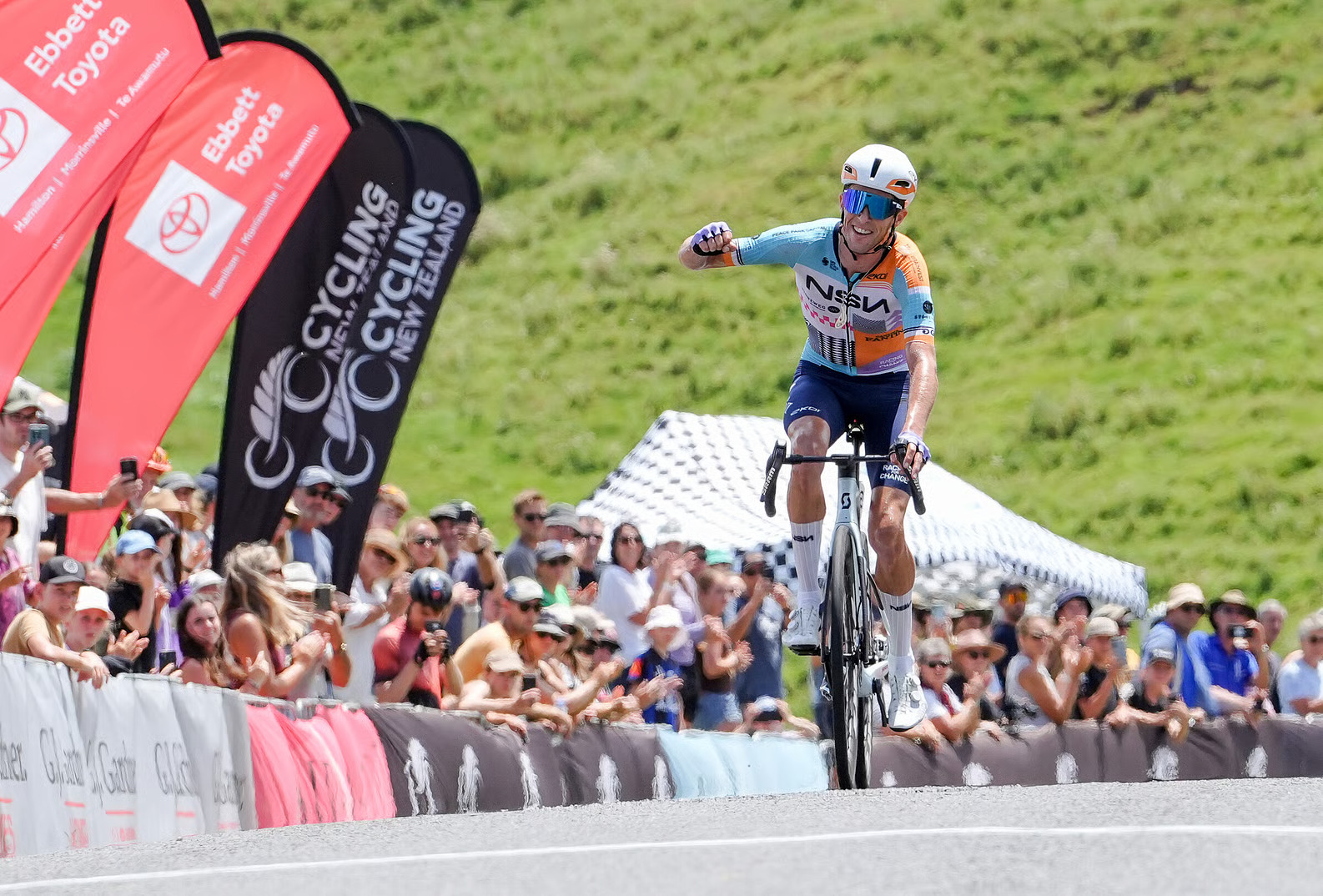Getting a grip on doping
Aside from the issues mentioned in Part I of this interview, UCI antidoping manager Anne Gripper...
The latest race content, interviews, features, reviews and expert buying guides, direct to your inbox!
You are now subscribed
Your newsletter sign-up was successful

Aside from the issues mentioned in Part I of this interview, UCI antidoping manager Anne Gripper also discussed many other topics in an earlier chat with Cyclingnews' Shane Stokes in the run-up to the Tour de France. This conversation covered important areas such as the different philosophies emerging within pro teams, DNA and Operación Puerto, the Men in Black and out of competition testing, the relationship between the UCI and WADA and the fact that innocent riders are now no longer willing to stay quiet about cheating in the sport.
In the years since the Festina Affair, media, judicial, financial and moral pressure has been put on teams and riders not to dope. 2006 is seen as a turning point of sorts, as with the Operación Puerto and Floyd Landis affairs the previously-existing Omerta [code of silence] began to be challenged. More and more riders recognised the bleak future which was in store for cycling if such things continued. There has consequently been an increasing number of people stressing the need for change.
In addition, the Puerto affair was followed by the news that several teams were going to set up strict antidoping structures which, in addition to a toughened code of ethics, further moved things forward. Jan Ullrich's T-Mobile and Ivan Basso's CSC were the teams of Puerto's most high-profile riders to be excluded from the 2006 Tour and both consequently had a lot to lose. They were under a lot of pressure from the sponsors, the media and the public and for this reason a new start was needed, and many changes introduced. The riders concerned were fired, restructurings took place and large sums of money were set aside by both to fund external, independent testing to be run on the riders.
Both teams have become strong proponents of a clean sport, as has the Slipstream Chipotle team of Jonathan Vaughters It requires its riders to undergo regular, advanced testing in order to prove to onlookers that there is nothing to hide. A number of French teams plus the German Gerolsteiner squad have also been very outspoken.
Some others, however, are either being less transparent or are actively dragging their heels. It seems that the Puerto message still hasn't sunk home for some, who are happy to continue turning a blind eye to doping, or worse.
"There are some teams who've really embraced the whole antidoping issue and take on responsibility for it themselves," said Gripper during the Tour de Suisse. "They have done two major things. They have put in place very strong antidoping programmes that they are funding and they are organising themselves, but they have also really made strong attempts to change the culture and to make sure that the environment in which the riders are living and training is free from the temptation and the pressure to dope. They are focusing much more on good, hard, clean training and they put everything in the environment to enable the riders to do that.
Read the rest of part two of the interview, or start with part one.
The latest race content, interviews, features, reviews and expert buying guides, direct to your inbox!

Laura Weislo has been with Cyclingnews since 2006 after making a switch from a career in science. As Managing Editor, she coordinates coverage for North American events and global news. As former elite-level road racer who dabbled in cyclo-cross and track, Laura has a passion for all three disciplines. When not working she likes to go camping and explore lesser traveled roads, paths and gravel tracks. Laura specialises in covering doping, anti-doping, UCI governance and performing data analysis.
